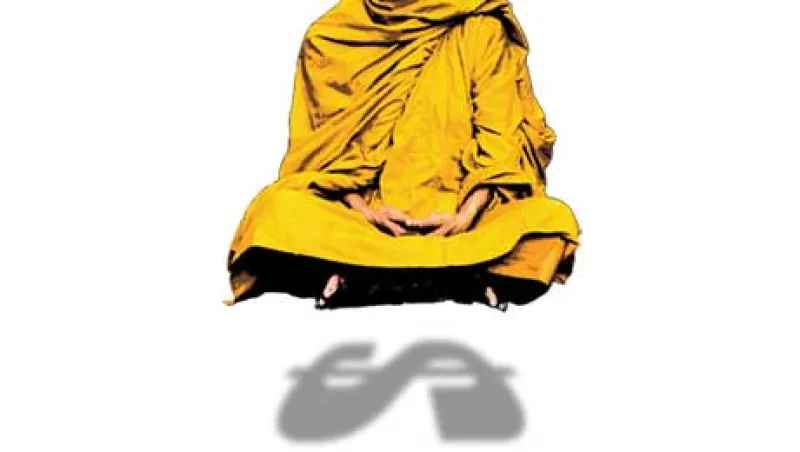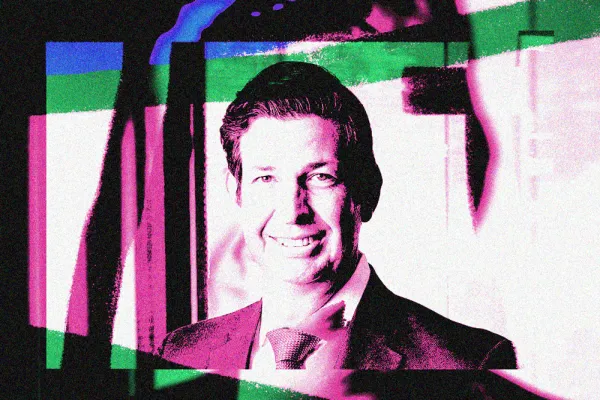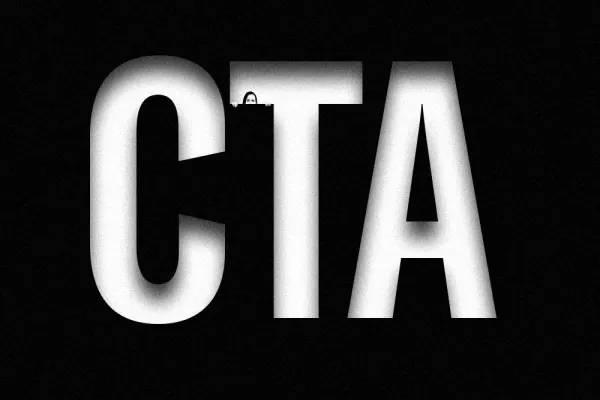In the Showtime television series Billions, both Bobby Axelrod, the gazillionaire hedge fund manager modeled on Steven Cohen, and canny U.S. attorney Chuck Rhoades, who is obsessively looking for clues to Axelrod’s insider trading, are seen practicing meditation.
Eyes softly closed, chests slowly rising and falling, the two alpha males take a few minutes of quiet time from their manic days of trying to outwit one another with intellect, deception, and brute force. A mindfulness practitioner might wince at the idea that an unscrupulous hedge fund manager or a crime fighter battling more personal demons than public ones could exploit a centuries-old practice to ignite their creativity.
But as the markets have become more efficient and returns harder to find, perhaps it’s no wonder that learning to focus on breathing, and the present, might be used for legal and illegal ways to beat markets or catch a criminal. Billions’ scriptwriters elicit complex emotions by working Vipassana — an ancient meditation technique from India that in the U.S. was embraced by hippies — into a series about finance.
A spokesman for Point72 Asset Management, Cohen’s family office, declined to comment about the Billions character resembling him. While after a long-running government investigation Cohen’s SAC Capital Advisors pleaded guilty to insider trading charges in 2014, Cohen was not convicted of any criminal wrongdoing.
Scandal and TV aside, some financiers have shown themselves eager to meditate.
At the Milken Institute Global Conference this year in Los Angeles, it was standing-room only at a workshop on using the practice to expand one’s capacity for compassion. Among the panel’s spiritual glitterati was Sharon Salzberg, who studied meditation for three years in India before returning to the U.S. in 1974 to teach it. In 1976 she co-founded the Insight Meditation Society in Barre, Massachusetts.
Salzberg, who has shared the stage with the Dalai Lama, regaled the audience of chief investment officers, portfolio managers, economists, private-equity investors, consultants, and venture capitalists with stories about the early days when meditation was met with yawns, skepticism, and the possibility of a drug test.
The workshop was moderated by Suze Yalof Schwartz, who recently moved to L.A. from New York to open and run a for-profit meditation studio. The panelists talked about the success meditation is having in everything from stemming youth violence to healing traumatic stress. Some of their remarks underscored how meditation — like finance, medical care, and almost every other professional field — is being fundamentally changed by data and research.
Panelist James Doty, a neurosurgery professor and the director of the Center for Compassion and Altruism Research and Education at Stanford University, talked about the work being done to chart the effect of yoga and other practices on the structure of the brain. All good. Some research, though, is a bit esoteric and, well, profit-y. A recent study from Doty’s compassion center looked at neural affective mechanisms and how they predict market-level microlending. Translation: how positive behavior can influence whether you get a loan.
Like Salzberg, panelist Bob Roth is a longtime luminary in the once-offbeat meditation world. He’s laugh-out-loud funny about the wacky time he spent evangelizing about meditation in the early years of his discovery, as well as his parents’ disappointment about his chosen path. Roth now is chief executive officer of the David Lynch Foundation, which was created to encourage kids to meditate and now funds programs like Quiet Time.
Quiet Time is intended for low-income urban schools and provides two 15-minute periods of Transcendental Meditation to help young people lower stress and address the academic underperformance that can result from it. The program has found success in reducing teacher turnover and suspensions while increasing test scores.
Roth no longer has to do the evangelizing. The David Lynch Foundation’s board has several believers from the finance world, including Robert Jones, chairman of System Two Advisors and founder of the global quantitative equity group at Goldman Sachs Asset Management. Other board members include David Ford, a founding partner and co-portfolio manager of Latigo Partners, and Nigol Koulajian, the founder and CIO of Quest Partners, a quantitative hedge fund in New York.
David Lynch, the award-winning director of films including Blue Velvet and Mulholland Drive, says on his foundation’s website that he started Transcendental Meditation in 1973. He describes it as “life changing for the good.”
There may be plenty of other believers in the making. The workshop at the Milken Institute conference included a short meditation session for the packed room. After attendees followed their collective breath from their bellies to the tops of their heads, attempting to clear the detritus of previous sessions from their minds, they headed for the coffee and free protein bars.
Then, after complaining just a tiny bit about the lack of food at the conference, they collected cards for a free session at Schwartz’s Unplug Meditation and talked, softly, about the possible investment opportunities in spirituality.







